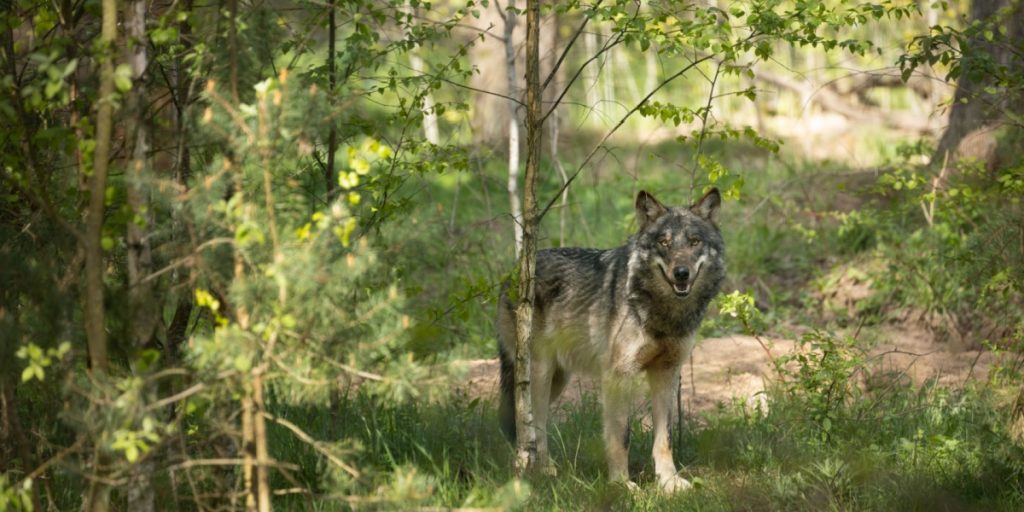Greek researchers discover first genetically confirmed wolf-dog hybrid.
Others are reading now
Greek scientists have identified the country’s first confirmed wolf-dog hybrid.
A rare find in northern Greece

Researchers in northern Greece, near Thessaloniki, have made a groundbreaking discovery. The have found the first genetically confirmed wolf-dog hybrid ever recorded in the country.
According to the AFP news agency, DNA analysis showed that the animal’s genetic makeup was 55 percent dog and 45 percent wolf.
The discovery was announced by the Greek environmental organization CALLISTO during a scientific conference in Athens last Friday.
Genetic testing confirms the hybrid
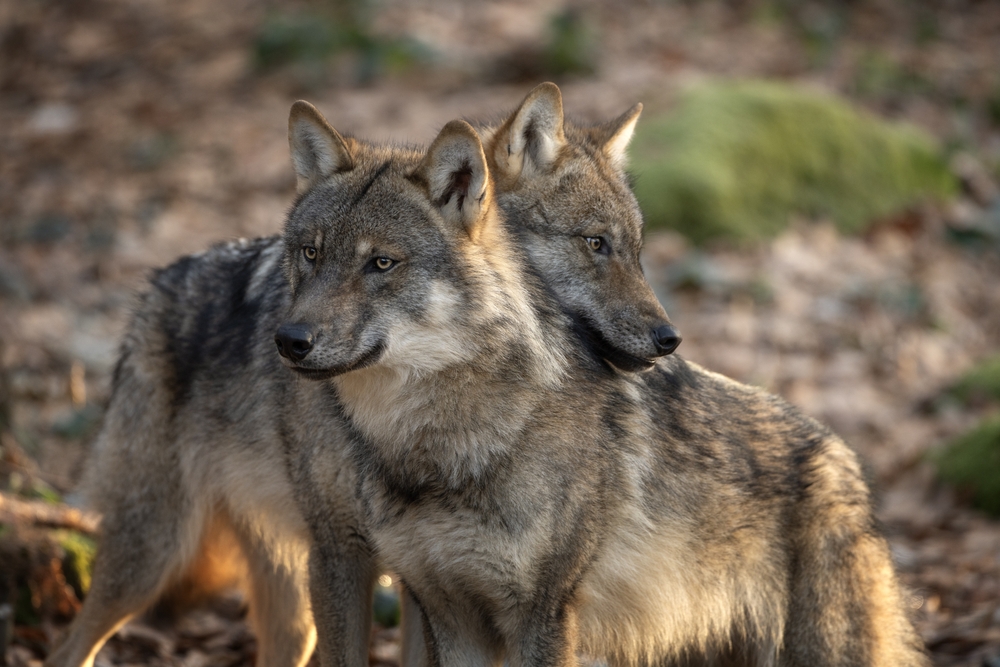
Biologist Aimilia Ioakimidou from CALLISTO explained that the animal was identified during a genetic study of 50 wolf samples collected from mainland Greece.
Also read
“The DNA tests confirmed what had long been suspected — this was a true hybrid,” Ioakimidou said. “Such animals are very rare and can only be definitively confirmed through genetic analysis.”
The first scientifically proven hybrid
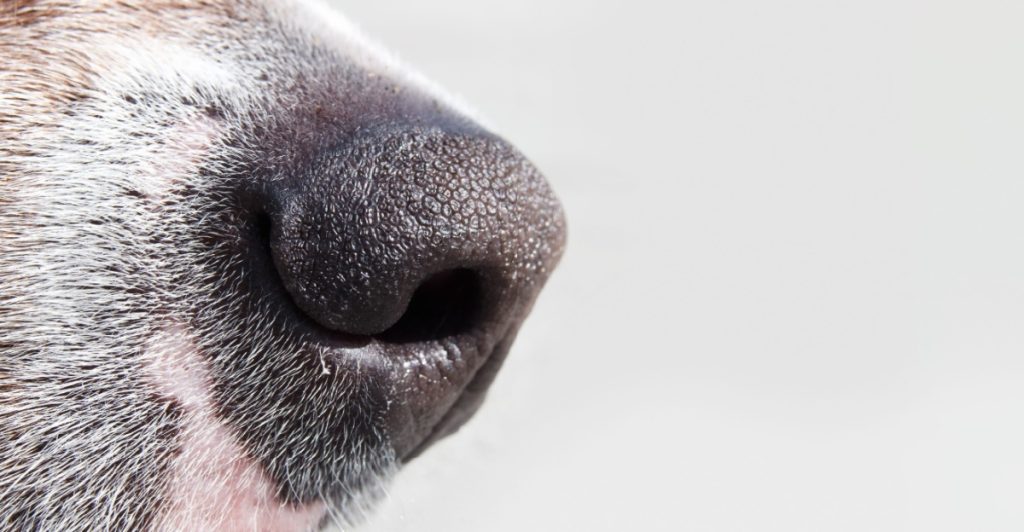
While suspected wolf-dog crosses have been reported before in Europe, the U.S., and Central Asia, most turned out to be pure wolves or dogs upon closer inspection.
This makes the Greek case the first scientifically proven hybrid in the country.
Wolves and dogs: an ancient bond
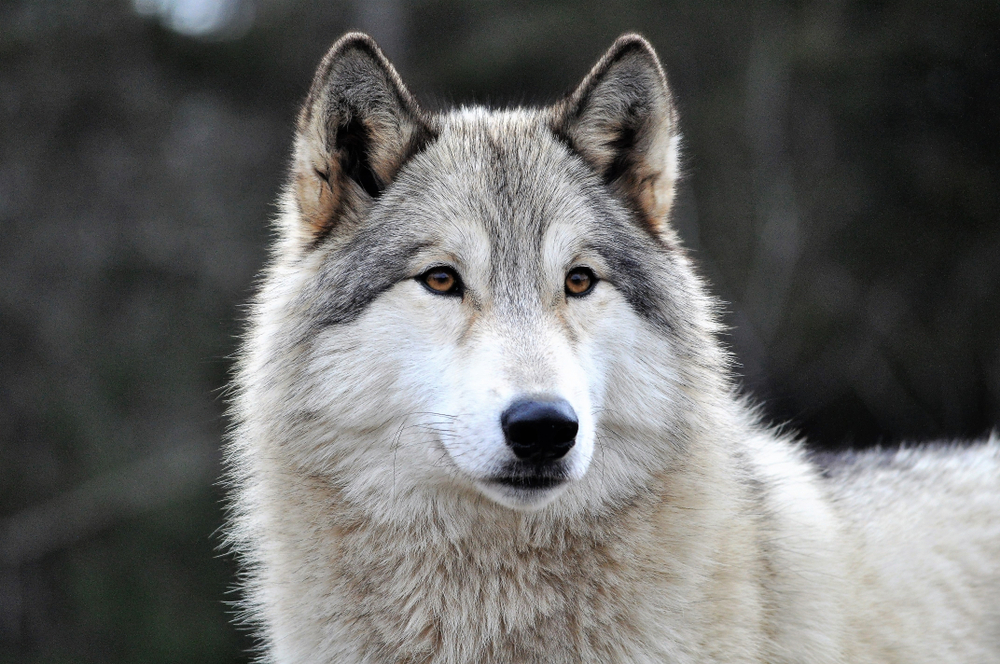
Wolves and dogs share an evolutionary history that stretches back tens of thousands of years.
Modern dogs are believed to have descended from ancient wolves that began associating with humans, likely scavenging near campsites or being taken in as pups.
Also read
Over generations, this relationship evolved into one of mutual dependence, giving rise to domesticated dogs.
What makes this hybrid so special
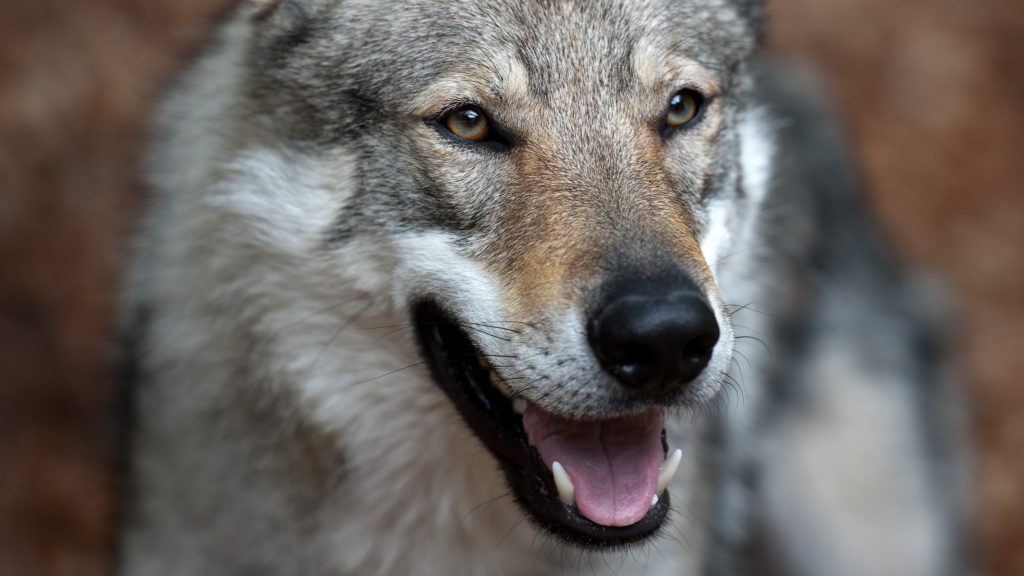
The discovery of the wolf-dog hybrid highlights how closely connected wild and domestic canines still are — despite millennia of separation.
Such hybrids are rare because wild wolves are highly territorial and tend to avoid contact with domestic dogs. When it does happen, it can affect the genetic integrity of wild wolf populations, which is why conservationists monitor these cases carefully.
A reminder of shared ancestry
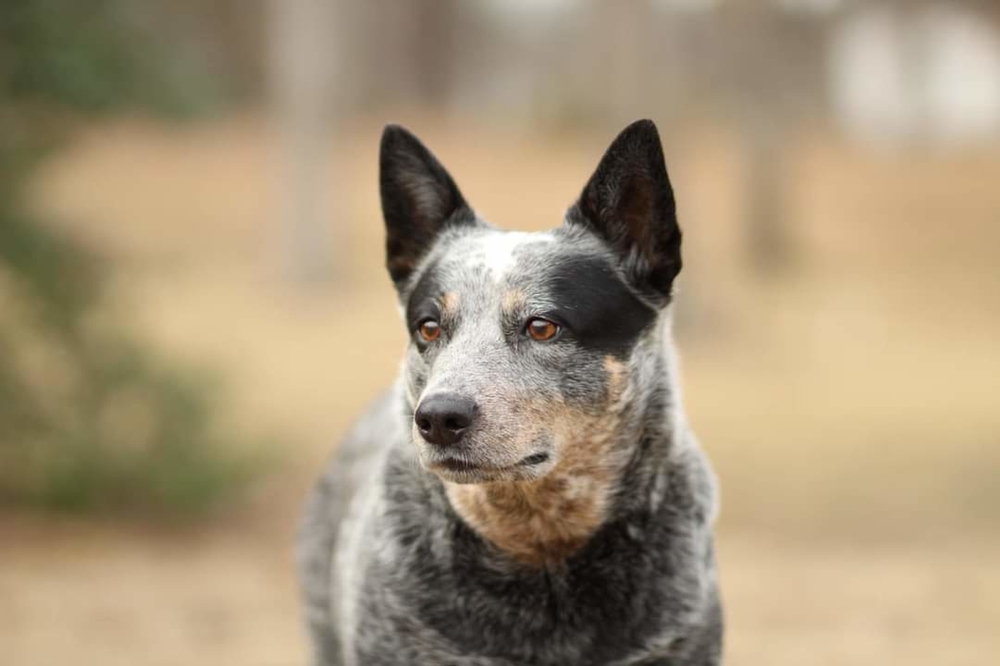
This discovery not only fascinates biologists but also reminds us of the deep bond between humans, dogs, and wolves.
From hunting companions to family pets, dogs remain one of humanity’s closest allies, and this hybrid serves as living proof of their shared origins.
Also read
“It’s a biological link between the wild and the domesticated,” said Ioakimidou. “A reminder of how intertwined our histories remain.”

